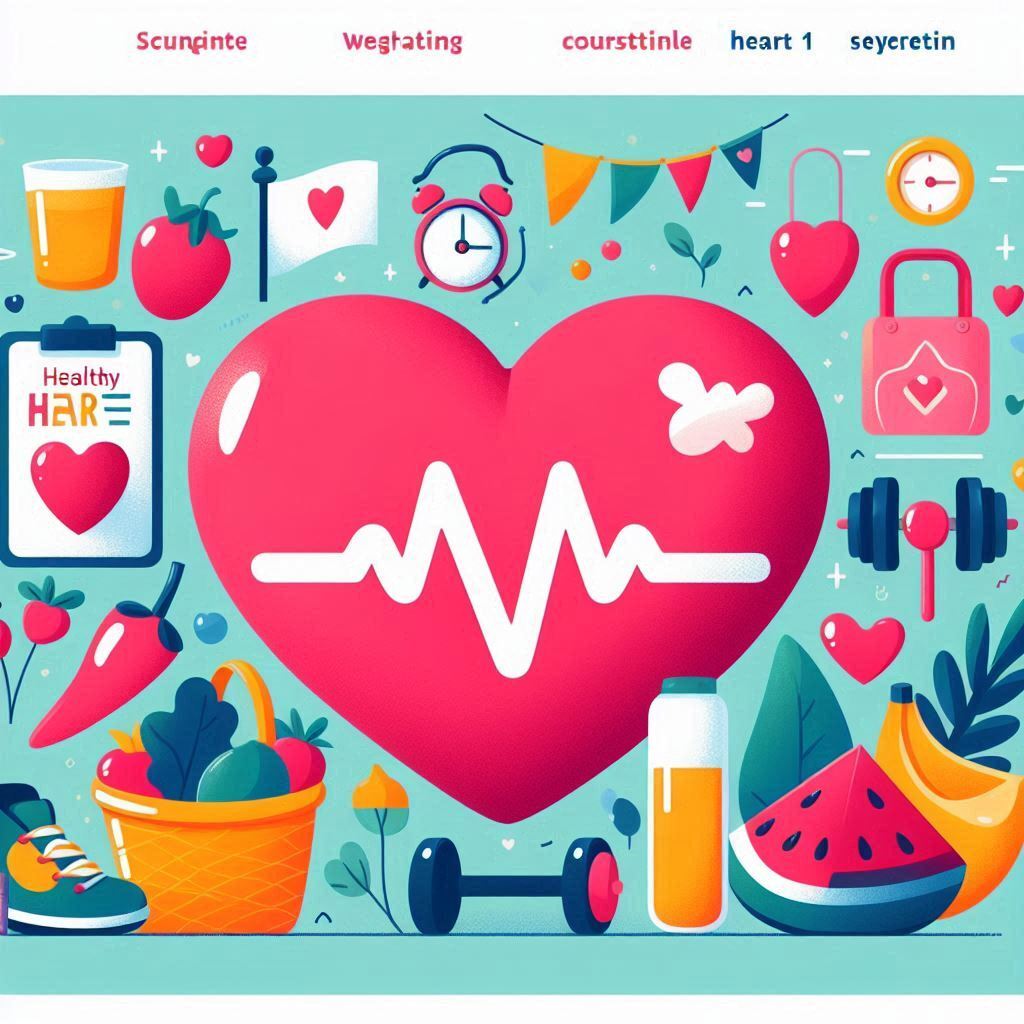Introduction
High blood pressure, medically known as hypertension, is often dubbed the “silent killer” due to its typically symptomless progression and its potential to cause significant damage to various organs and systems in the body. Despite its lack of obvious symptoms, untreated high blood pressure can lead to severe health complications. This article delves into what exactly happens in the body when blood pressure rises, how it can be managed, and the importance of regular monitoring.
Understanding High Blood Pressure
High blood pressure occurs when the force of the blood against the artery walls is too high, which can lead to health problems over time. Blood pressure is measured in millimeters of mercury (mmHg) and recorded with two numbers: systolic pressure (when the heart beats) over diastolic pressure (when the heart rests between beats). Normal blood pressure is below 120/80 mmHg. Hypertension is typically diagnosed when readings consistently exceed 130/80 mmHg (Mayo Clinic) (Cleveland Clinic).
Effects on Blood Vessels
When blood pressure is high, it exerts excessive force on the arterial walls. This can cause microscopic tears in the artery walls, where cholesterol and other substances can build up, leading to atherosclerosis. This condition narrows and hardens the arteries, restricting blood flow and increasing the risk of heart disease and stroke (Mayo Clinic).
Heart Strain
The heart has to work harder to pump blood through narrowed arteries, leading to hypertrophy (thickening) of the heart muscle. Over time, this can result in heart failure as the heart becomes less effective at pumping blood. Additionally, the increased workload can cause arrhythmias (irregular heartbeats) and increase the risk of heart attacks (Cleveland Clinic).
Kidney Damage
The kidneys filter waste from the blood, a process that relies on healthy blood vessels. High blood pressure can damage these vessels, impairing kidney function. Over time, this can lead to chronic kidney disease or kidney failure, necessitating dialysis or a kidney transplant (Mayo Clinic) (Cleveland Clinic).
Eye Damage
Hypertension can damage the tiny, delicate blood vessels that supply blood to the eyes, leading to conditions such as retinopathy, choroidopathy, and optic neuropathy. These conditions can cause blurred vision, bleeding in the eye, and even vision loss (Mayo Clinic) (Cleveland Clinic).
Brain Impact
Chronic high blood pressure can reduce the supply of blood to the brain, increasing the risk of transient ischemic attacks (mini-strokes), strokes, and cognitive decline. It can also contribute to dementia by causing the arteries in the brain to narrow and potentially block blood flow (Verywell Health).
Managing High Blood Pressure
Given its silent nature, managing high blood pressure proactively is crucial. Lifestyle changes can significantly impact blood pressure levels:
- Diet: Adopting a diet rich in fruits, vegetables, whole grains, and low-fat dairy products, such as the DASH (Dietary Approaches to Stop Hypertension) diet, can help lower blood pressure.
- Exercise: Regular physical activity, such as 150 minutes of moderate-intensity aerobic exercise per week, can help reduce blood pressure.
- Weight Management: Maintaining a healthy weight can reduce strain on the heart and lower blood pressure.
- Salt Reduction: Reducing sodium intake to less than 1,500 milligrams per day can help control blood pressure.
- Limit Alcohol: Drinking alcohol in moderation, if at all, can help maintain healthy blood pressure levels.
- Quit Smoking: Smoking cessation can improve overall cardiovascular health and reduce blood pressure (Cleveland Clinic) (Verywell Health).
In some cases, lifestyle changes alone may not be sufficient, and medication may be required. Common medications include diuretics, ACE inhibitors, angiotensin II receptor blockers (ARBs), calcium channel blockers, and beta-blockers. These medications help relax blood vessels, reduce blood volume, or slow down the heart rate to lower blood pressure (Cleveland Clinic).
The Importance of Regular Monitoring
Regular monitoring of blood pressure is essential, especially for those with risk factors such as a family history of hypertension, obesity, a sedentary lifestyle, or high salt intake. Blood pressure should be checked at least once a year at routine medical check-ups and more frequently if hypertension has been diagnosed (Verywell Health).
Conclusion
High blood pressure is a pervasive health issue that can silently damage the body over time. Understanding the risks and effects of hypertension, along with proactive management through lifestyle changes and medication, can help prevent severe health complications. Regular monitoring and medical consultations are vital to keep blood pressure in check and maintain overall health.
Sources of Information
- Mayo Clinic: High blood pressure dangers: Hypertension’s effects on your body
- Cleveland Clinic: High Blood Pressure: Symptoms & Causes
- Verywell Health: 9 High Blood Pressure (Hypertension) Symptoms
Disclaimer
This article is for informational purposes only and does not substitute professional medical advice. Always consult with a healthcare provider for diagnosis and treatment of health conditions.
Search Keywords
- High blood pressure effects
- Hypertension risks
- Managing high blood pressure
- Hypertension complications
- Blood pressure monitoring
Copyright Information
© 2024 WebstoryX.com. All rights reserved. This article may not be reproduced, distributed, or transmitted in any form or by any means, without the prior written permission of the publisher. For permissions, please contact [Your Contact Information].
